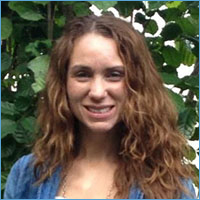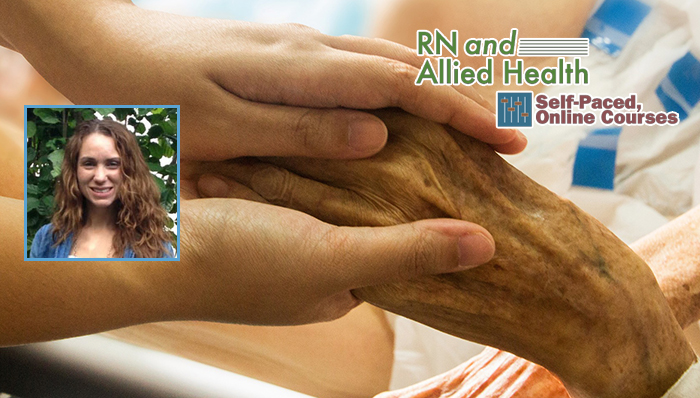Originally presented July 11, 2018 as part of the UNC Cancer Network RN and Allied Health Lecture Series. This Self-Paced, Online Course expired August 8, 2019.
This is a Non-Credit course and does NOT offer continuing education credits.
Presenter

Nicole Sartor, RN, MSN, C-PNP-PC
Children’s Supportive Care Team
UNC Palliative Care Program
UNC School of Medicine
University of North Carolina at Chapel Hill
Palliative Care Opportunities
This talk will address common myths of palliative and hospice care and explore multiple points along the health trajectory of a patient when a team might consider a palliative care consult. We will consider possible sources of suffering and interventions.
Learning Outcomes
- Define pediatric palliative care (PPC) as a set of tasks
- Identify predictable opportunities for palliative care interventions at different stages of disease
- Evaluate myths and assumptions about PPC
Credits Offered
- 1.0 ANCC (CNE) hours of study.
- 1 ASRT Category A CE Credit
- General Participation
Requirements
To receive credit for this course, you must:
- Watch a lecture video recording.
- Complete the lecture post test and obtain a passing score of 80% or higher.
- Complete the course evaluation.
- Select credit type.
Estimated course completion time: 1 hour
Disclosures
This activity has been planned and implemented under the sole supervision of the course directors, in association with the UNC Office of Continuing Professional Development (UNC CPD). Dr. Thomas Shea consults for Spectrum Pharma and receives research support from Millennium, Otsuka, GSK, BMS, Novartis and Seattle Genetics. Dr. James Coghill, MD, and CPD staff have no relevant financial relationships with commercial interests as defined by the ACCME.
The presenter, Nicole Sartor, RN, MSN, C-PNP-PC, has no conflicts of interest relevant to this presentation.
Accreditation
This is a Non-Credit course and does NOT offer continuing education credits.
Disclaimer
Please note: This course was published more than one year ago. The facts and conclusions presented may have since changed and may no longer be accurate. Questions about personal health should always be referred to a physician or other health care professional.
